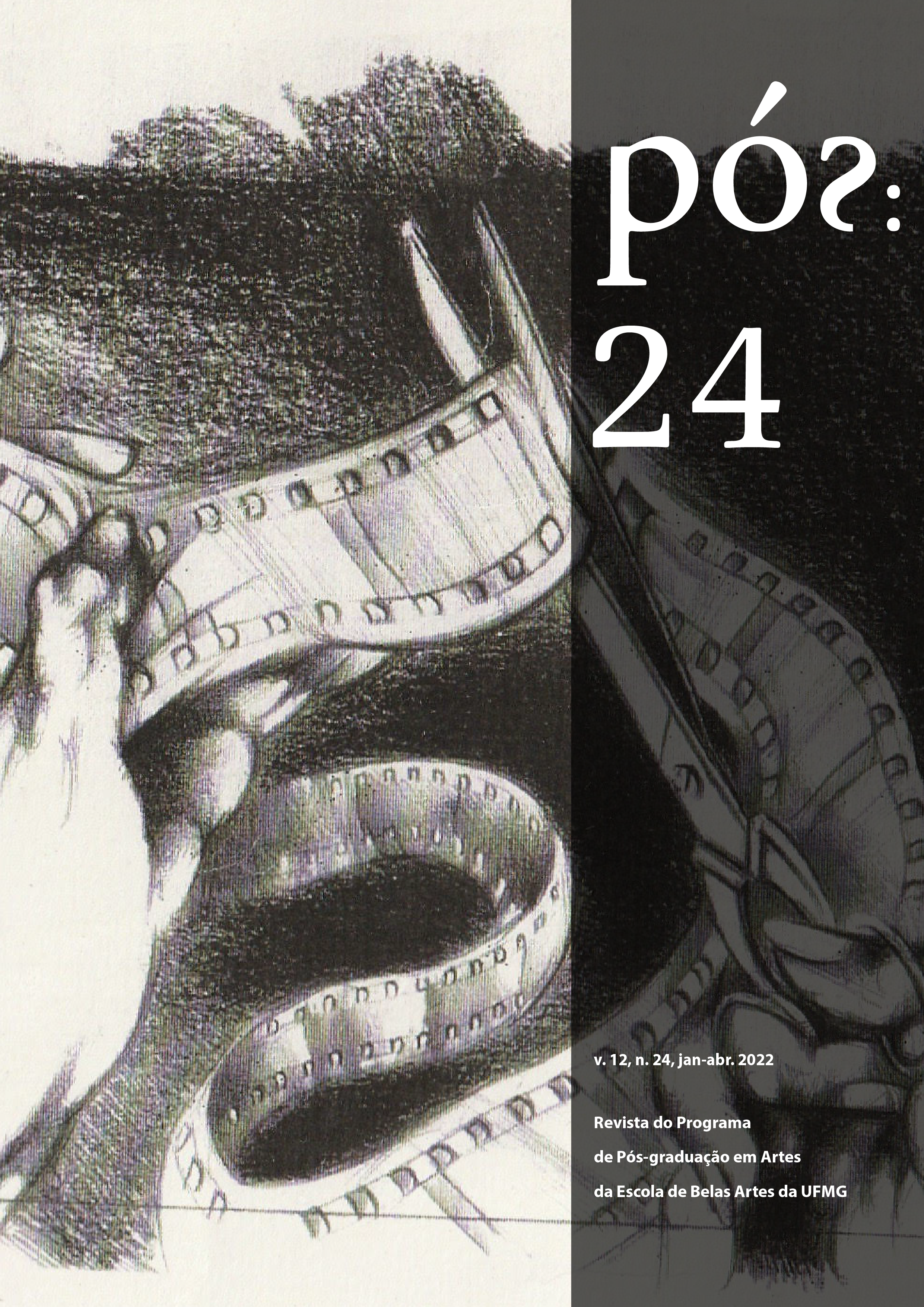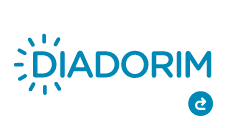Una giornata particolare (1977)
cinema, art and humor against totalitarian language
DOI:
https://doi.org/10.35699/2237-5864.2022.36147Keywords:
Totalitarianism, Una giornata particolare, Film analysisAbstract
In this article, is proposed an analysis of the film Una giornata particolare (1977), directedby Ettore Scola, highlighting elements of its aesthetic construction related to the historical and political moment in Fascist Italy (1922-1943). By approaching this period in the diegetic plane, the film highlights May 6, 1938, when Hitler and Mussolini met in Rome, showing how totalitarian culture and its symbols penetrate the daily lives of the characters. In general, the work points to the fundamental role of art and humor as possibilities of resistance to totalitarian language. From Arendt (2012), Adorno (2003; 2019), Faye (2009), among others, concepts such as “totalitarian personality” and “totalitarianism” are discussed, seeking a dialogue between cinema, politics and society.
Downloads
References
ADORNO, Theodor W. O que significa elaborar o passado. In: Educação e Emancipação. 3. ed. Tradução de Wolfgang Leo Maar. São Paulo: Paz e Terra, 2003. p. 29-50.
ADORNO, Theodor W. Estudos sobre a personalidade autoritária. Tradução de Virginia Helena Ferreira da Costa, Francisco Lopez Toledo Côrrea e Carlos Henrique Pissardo. São Paulo: Editora Unesp, 2019.
ARENDT, Hannah. As origens do totalitarismo: anti-semitismo, imperialismo, totalitarismo. Tradução Roberto Raposo. São Paulo: Companhia das Letras, 2012.
BAKHTIN, Mikhail. A cultura popular na Idade Média e no Renascimento:o contexto de François Rabelais. Tradução de Yara Frateschi Vieira. São Paulo: Hucitec, 1999.
BERARDI, Franco. Asfixia: capitalismo financeiro e a insurreição da linguagem. Tradução de Humberto do Amaral. São Paulo: Ubu Editora, 2020.
CALVINO, Ítalo. Por que ler os clássicos. Tradução de Nilson Moulin. São Paulo: Companhia das Letras, 1993.
DELEUZE, Gilles. Imagem-Tempo: Cinema II. Tradução de Eloisa de A. Ribeiro. São Paulo: Brasiliense,2007.
FAYE, Jean-Pierre. Introdução às linguagens totalitárias. Tradução de Fábio Landa e Eva Landa. São Paulo: Perspectiva, 2009.
GEADA, Eduardo. O imperialismo e o fascismo no cinema. Lisboa: Moraes Editores. 1977.
JAMESON, Fredric. O Inconsciente político: a narrativa como ato socialmente simbólico. Tradução de Valter Lellis e Maria Elisa. Cevasco. São Paulo: Ática, 1992.
LUKÁCS, Gyorgy. Introdução a uma estética marxista: sobre a categoria da particularidade. Tradução de Carlos Nelson Coutinho e Leandro Konder. 2 ed. Rio de Janeiro: Civilização Brasileira, 1978.
NEGRI, Antonio. Los libros de la autonomia obrera. Tradução de Marta Malo de Molina Badelón e Raúl Sánchez Cedillo. Madrid: Ediciones Akal, 2004.
SAFATLE, Vladimir. O circuito dos afetos: corpos políticos, desamparo e o fim do indivíduo. São Paulo: Autêntica, 2016.
TRENTO, Angelo. Fascismo Italiano. São Paulo: Ática, 1986.
UM DIA Muito Especial (Una giornatta particolare). Direção: Ettore Scola. São Paulo: Versátio Home Video. 1998 [1977]. 1 DVD (110 min.), son., color. Idioma: Português/Italiano.
XAVIER, Ismail. Melodrama ou a sedução da moral negociada. Folha de São Paulo, São Paulo, p. 8-9, 1998.
Downloads
Published
Issue
Section
License
Copyright (c) 2022 Volmir Cardoso Pereira, Keyla Andrea Santiago Oliveira

This work is licensed under a Creative Commons Attribution-NonCommercial 4.0 International License.
Authors who publish in this journal agree to the following terms:
- Authors retain copyright and grant the journal the right of first publication, with the work simultaneously licensed under the a Creative Commons Attribution-NonCommercial 4.0 International License that permits sharing of the work with acknowledgement of authorship and initial publication in this journal;
- Authors are permitted to enter into additional contracts separately, for non-exclusive distribution of the version of the work published in this journal (e.g., the Creative Commons Attribution License).
- Authors are permitted and encouraged to publish and distribute their work online (e.g., in institutional repositories or on their home page) at any point before or during the editorial process, as this may generate productive changes as well as increase the impact and citation of the published work.
- It is the responsibility of the authors to obtain written permission to use in their articles materials protected by copyright law. Revista PÓS is not responsible for copyright breaches made by its contributors.












